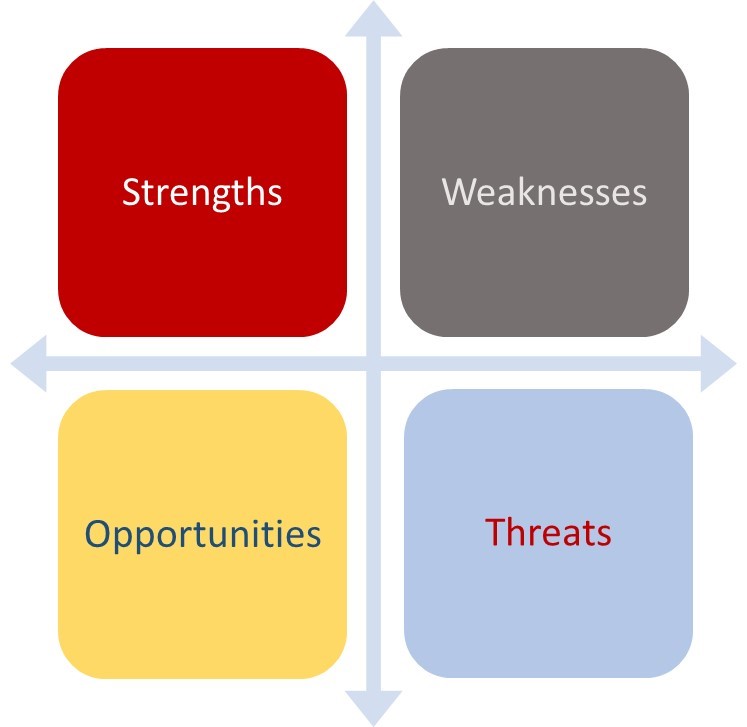Outsourcing is a common concept in the business world. Delegating certain functions of your business to other companies that specialize in those tasks can greatly improve the efficiency and cost-effectiveness of your operations. Outsourcing can also improve your development process. While you value the input of your team members and trust their opinions, your internal review team lacks the objectivity necessary to fairly evaluate a new product idea. Unconscious biases toward your business, due to their intimate knowledge of the product, can skew their findings.
These partial reviews can impair your judgement when deciding whether or not to continue investing time and money in your newest invention, and can also lead to poor decision-making. Keep in mind, 30,000 new products are launched every year and about 95% of them fail. As an entrepreneur, it can be difficult to hear that your near and dear creation isn’t everything you thought it was, but that knowledge can save you from making costly mistakes, wasting both time and money. Consulting an external review team allows you to leverage an objective opinion to vet your product. Instead of telling you what you want to hear, they will tell you what you need to hear.
Take, for example, the Ford Edsel. After spending $400 million dollars in development and production, consumers simply weren’t buying it, looking instead for more “economical vehicles.” Ford executives failed to anticipate the flop, but an outside expert who was well-versed in the automotive field would have been able to advise the company on targeting and positioning their product in the market. Preventing this type of misstep is crucial for modern businesses. And the best way to do so is by investing in an external review.
What information should you look for from an objective, third-party analyst? There are four important things that they should be able to address:

1. Competitive Analysis
A useful third-party evaluation should be able to provide you with a thorough competitive analysis. This is an important component of your business plan, and gaining an outside perspective empowers you to make decisions related to your new products with confidence. Understanding the true nature of the market you’re trying to enter is a necessary step toward being a strong competitor in it.
2. Commercial Potential
Along with a possible narrow view of the market, another byproduct of an internal review team’s closeness to your product is an inability to see its full commercial potential. Are you missing another use of your invention, or targeting the wrong demographic? An expert in that field will be able to advise you on these types of questions.
Their advice may end up altering your product offering or your overall strategy, but it is far better to know early on how to refocus your efforts than to wait until your product is brought to the public and the market reveals its flaws. Avoid wasted energy and funds as soon as possible.
3. SWOT Analysis

A SWOT analysis may be one of the most fundamental exercises taught in business courses, and there is good reason why it is such a staple. This simple grid structure that highlights the strengths, weaknesses, opportunities, and threats in relation to your business plan is one of the best ways to get a high-level understanding of the state of your company. It allows you to predict and plan for the impact of your new product idea.
A SWOT analysis is a great exercise because it forces you and your internal team to pinpoint not just the positive aspects of your business venture, but the negative ones as well. Even more powerful is outsourcing the SWOT analysis to a highly qualified expert in your field who can provide a knowledgeable opinion that you can rely on to make crucial decisions.
4. Patent Landscape
Another important decision that may be difficult for your internal team to make is whether or not your product would benefit from being patented. Inventors often assume that patents are necessary and universally beneficial to hold for their inventions, but this is not always the case. Bringing in a third-party viewpoint on this matter can save you thousands in fees and years in wasted effort.
Intellectual property management is only getting more vital to businesses, and more complex. Consulting an attorney well-versed in patent law is a worthwhile investment for budding entrepreneurs. For example, applying for a patent involves unveiling the secret details of your product. While it provides legal grounds to sue anyone infringing on your design, it doesn’t guarantee that no one will do so.
Regardless of the type of product or service you are developing, outsourcing your review process can protect your company from making avoidable mistakes, preventing major losses in time and money. Your internal teams are an important asset to your business, and they do have valuable insights, but they are at risk of biased opinions that may be blinded by their desire to see the company succeed. Having another set of eyes on your invention may be uncomfortable at first, but it is better to know the true potential of your product, and whether you should make improvements, before investing millions of dollars into your invention.